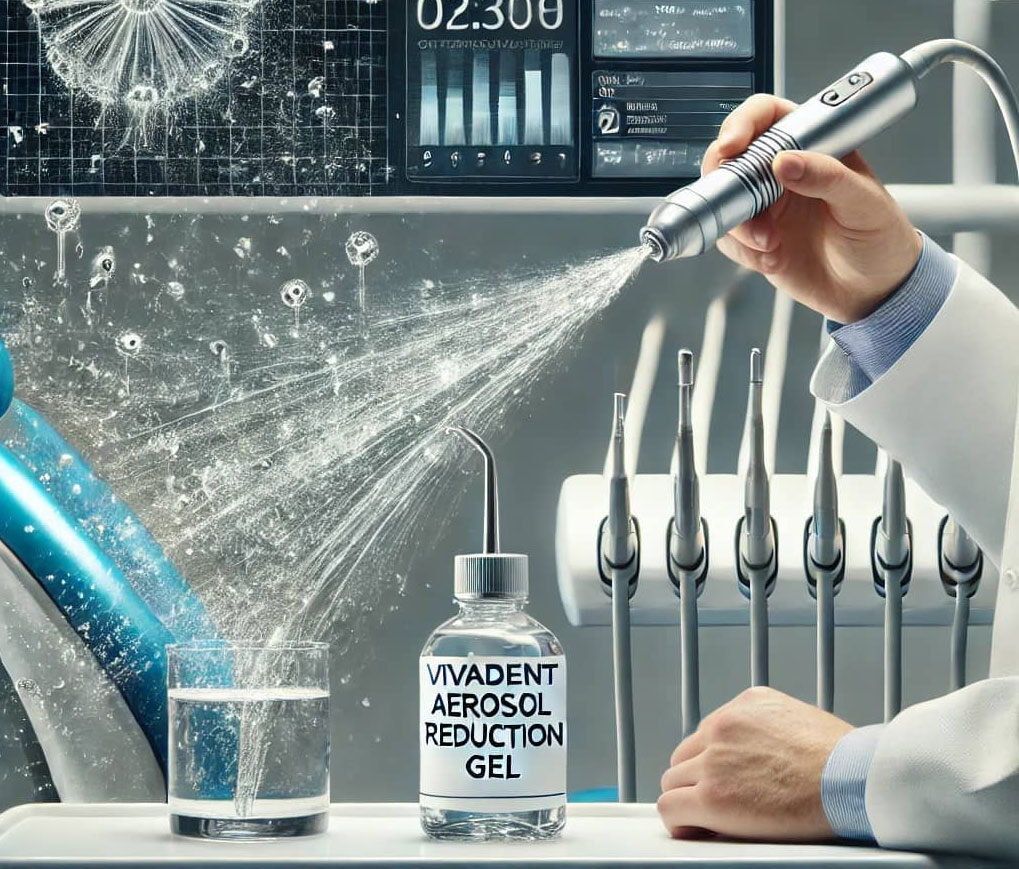
During the COVID-19 pandemic, dental procedures faced new challenges as ultrasonic scaling tools like Cavitrons were found to aerosolize water and saliva droplets, potentially spreading viruses and bacteria. In response, Professor Alexander Yarin and his team at the University of Illinois at Chicago (UIC) developed an innovative solution to eliminate these dangerous droplets, making dental offices safer for both patients and practitioners.
Yarin's solution involved replacing water with a polymer-based gel that prevents the formation of aerosolized droplets. This gel maintains the same pumpability as water but forms long, elastic filaments at the tip of the dental tool, which prevents droplet detachment. This breakthrough technology has been shown to nearly eliminate the release of airborne particles, significantly reducing the risk of cross-contamination in dental settings.
After a successful proof of concept, the product was patented and licensed to Ivoclar, a leading global dental supplier. Following three years of development, the VivaDent Aerosol Reduction Gel is now available in the U.S. and Europe, with the potential to reach a market value of $1 billion annually. The gel is easily integrated into existing dental equipment and requires no additional tools or modifications.
The benefits extend beyond safety—dentists reported better visibility during procedures, as the aerosol-free environment keeps dental mirrors clear and the workspace dry. Patients also expressed satisfaction, noting a more comfortable experience without water splashing on their face or neck.
This invention marks a significant advancement in dental safety, addressing the long-standing issue of airborne pathogen transmission and offering a more pleasant and efficient dental experience for all.
